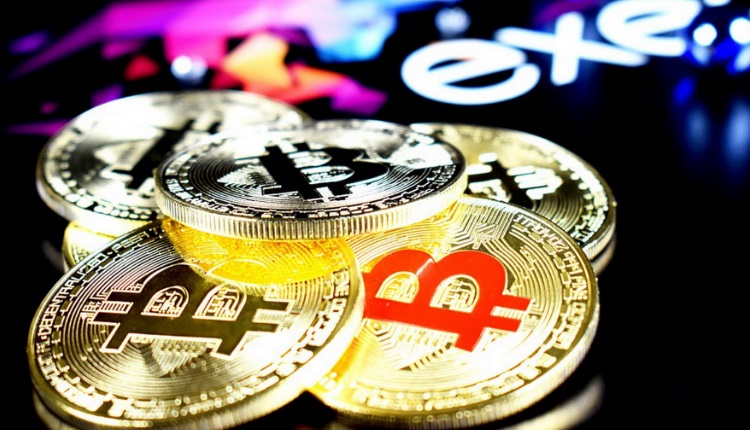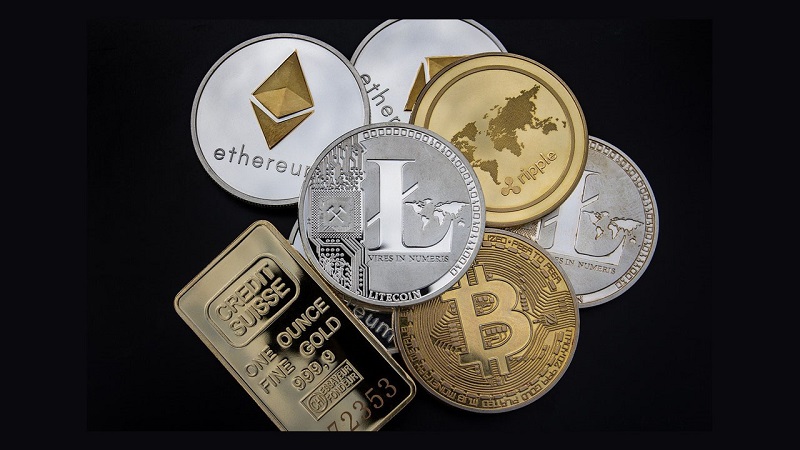
Diving Deep: Surprising Cryptocurrency Facts You Never Knew
The emergence of cryptocurrency has not only revolutionized the financial sector but also brought along a myriad of facts that astonish and intrigue. For both the enthusiast and the occasional reader, the world of digital currency is rife with surprises.
Today, we unearth some of these lesser-known facts about cryptocurrency that might just make you rethink what you know about this digital wonder.
The Dawn of Cryptocurrency
While Bitcoin might dominate headlines today, the concept of cryptocurrency isn’t as modern as it seems. Many think of Satoshi Nakamoto’s Bitcoin as the first, but there were precursors, though unsuccessful, long before Bitcoin’s 2009 debut.
For instance, “B-money” and “Bit Gold” were early attempts to create a decentralized currency. However, they never really took off. But, they laid foundational ideas for what would become Bitcoin.
Lost Fortunes
It’s estimated that around 20% of all existing Bitcoins are lost forever, inaccessible in digital wallets due to forgotten passwords or keys. That’s billions of dollars worth of Bitcoin gone, locked away in the vastness of the digital realm, with no way to retrieve them. The importance of safeguarding digital keys is thus more paramount than ever.
Interesting Insights into Cryptocurrency
The Bitcoin Pizza Purchase
The first tangible item ever purchased with cryptocurrency was two pizzas. In 2010, a programmer named Laszlo Hanyecz paid 10,000 Bitcoins for two delivered Papa John’s pizzas. A fun transaction back then but a fortune today!
Energy Consumption
The energy used to mine Bitcoin globally is more than that of some countries. This points to the growing concerns about the environmental implications of cryptocurrency.
Legal Tender
While many countries grapple with cryptocurrency regulations, a few, like El Salvador, have taken the bold step of making Bitcoin legal tender, embracing the future of finance head-on.
Finite Supply
Unlike fiat currencies that central banks can print in unlimited quantities, Bitcoin has a cap. Only 21 million Bitcoins will ever exist, making it a deflationary asset.
Speed of Transactions
Contrary to popular belief, Bitcoin doesn’t have the fastest transaction speed. Other cryptocurrencies like Ripple (XRP) can process transactions in just seconds compared to the 10 minutes or more for Bitcoin.

A Changing Financial Landscape
Cryptocurrency’s impact goes beyond finance. It’s influencing global politics, regulations, and even social dynamics. As nations weigh the pros and cons, some are exploring the possibility of launching their own digital currencies, acknowledging the inevitable tide of change.
This changing landscape underscores the importance of staying informed, as the intricacies of the crypto world evolve daily, shaping the future of global economics.
Future Predictions
While the future remains uncertain, many analysts predict that cryptocurrencies will become even more embedded in daily transactions. With rapid technological advancements, increased adoption rates, and greater integration into mainstream banking, the crypto future looks promising.
As digital currencies continue to reshape global finance, it’s crucial for individuals and businesses to keep abreast of changes, ensuring they remain at the forefront of this financial revolution.
Popular articles
-
 How to Check a Crypto Wallet Before Your First Transaction: Setup, ...
How to Check a Crypto Wallet Before Your First Transaction: Setup, ...Sending your first cryptocurrency transaction is not simply a matter …
-
 Is Real Decentralisation Still Possible? A 2026 Analysis of Nodes a...
Is Real Decentralisation Still Possible? A 2026 Analysis of Nodes a...“Decentralised” is one of the most used words in crypto, …
